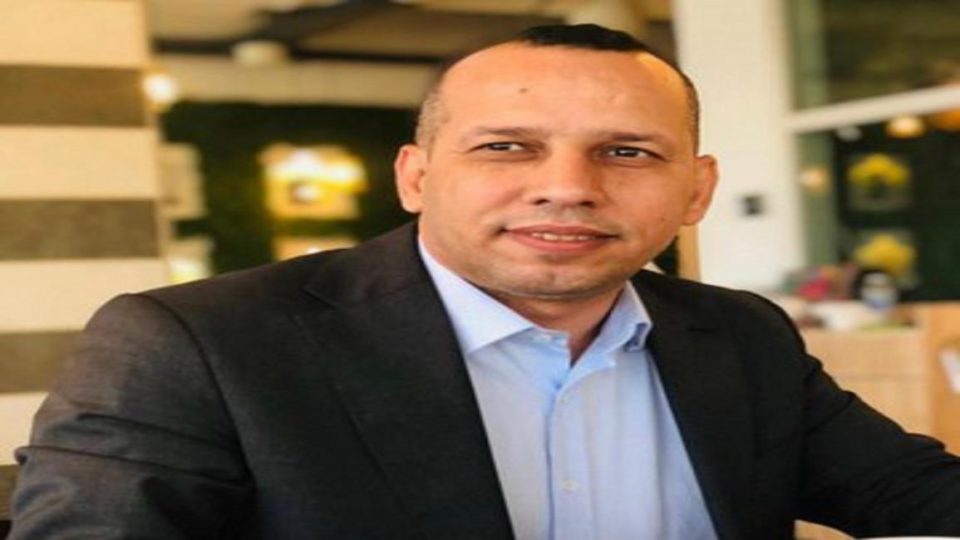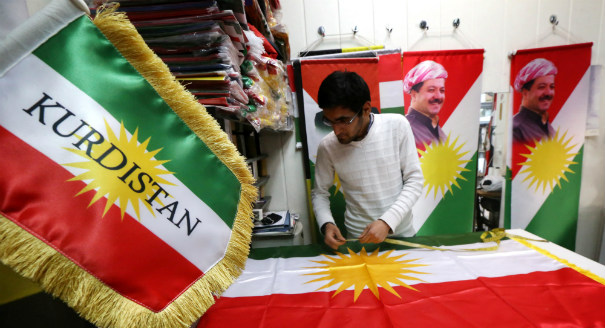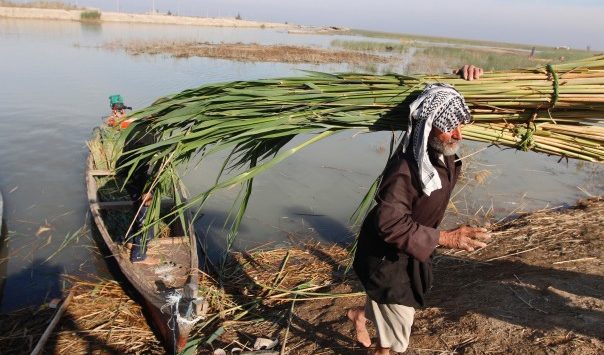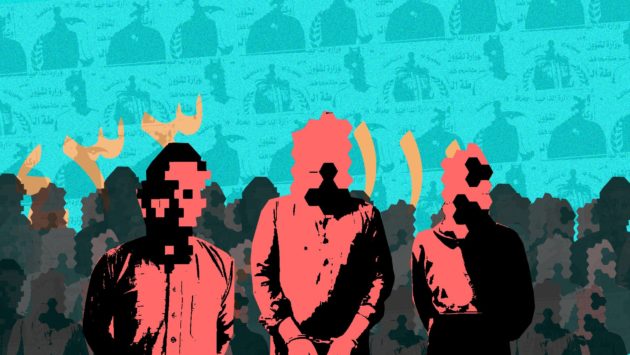Reactions to the Assassination of Al-Hashemi and the Urgent Need to Establish an Investigation Commission to Bring Those Responsible to Justice
Baghdad – Bara al-Shammari
The assassination of the Iraqi security expert and researcher, Hisham Al-Hashemi, by gunmen in Baghdad on Monday evening, 6 July 2020, prompted immediate local and international responses. These were accompanied by calls to put an end to the use of weapons outside state control and a firm commitment to bring to justice all those who violate this regulation in order to stop future killings. This tragic death comes right when the Iraqi judiciary has announced the formation of an investigative authority to look into criminal assassinations.
On 7 July, the Supreme Judicial Council issued a brief statement, saying that it had decided to “form a judicial investigation committee composed of 3 judges and a member of the public prosecutor’s office, specialized in investigating assassination crimes both in Baghdad and the rest of the provinces, in coordination with the Ministry of the Interior.”
Meanwhile, reactions to the crime continue to surface. Prime Minister Mustafa al-Kazimi confirmed that al-Hashemi was assassinated by an armed group, and vowed to pursue the killers and hold them accountable for the crime. He explained, ”We will not allow this kind of criminal assassination to return to Iraq to disturb our fragile security and stability — the security services will spare no effort in pursuing those responsible.” He added, “We will also endeavor to confine all arms to the state,” stressing that “no force is above the law.”

Speaker of the Council of Representatives, Muhammad Al-Halbousi, called on the relevant government agencies to disclose all information about their investigations to the public, and to clarify precisely who is involved. This is especially urgent given the many kidnappings and the assassinations of a number of national figures. A statement must be issued indicating the government’s aim to stop this kind of outlaw behavior, and to punish those who tamper with the security of citizens.

The Iraqi President, Barham Saleh, called the assassination of al-Hashemi by outlaws a “despicable crime targeting an Iraqi individual, violating his right to a free and decent life.” He stressed that “at the very least, the government has a duty is to identify criminals and bring them to justice.”
The former Iraqi Prime Minister, Haider al-Abadi questioned the aim behind the assassination of al-Hashemi, tweeting, “Why did this killing occur?” In whose interest was it? Why are they afraid of the truth? These violent and lawless actions serve to weaken the state and intimidate and terrorize people.” Drawing on the wisdom of the Quran, he asked, “Isn’t it true that when a person kills another unjustly, it is as though he has killed all of mankind?” Why do they want to kill us? We have sacrificed out blood before and we will keep sacrificing it today and in days to come.”

The representative of the Secretary-General of the United Nations in Iraq, Jenin Henness Blackshart, expressed her shock at the killing of Al Hashemi, stressing that she condemns this act and calls on the government to identify the perpetrators and bring them to justice.

The American embassy in Baghdad expressed its deep sorrow over the “cowardly assassination of the respected academic, Dr. Hisham Al-Hashemi,” and issued a statement calling the Iraqi government to bring those responsible for his assassination to justice.

The former minister and the current deputy, Mohamed Shi’a Al-Sudani, commented on Al-Hashemi’s death by tweeting, “When the state gives up its responsibility to prosecute perpetrators of murder, impunity becomes a reason for the continuation of such crimes, targeting political elites and the free speech for all.”

Foreign affairs minister, Fouad Hussein, described the incident as a “treacherous crime that targeted a young public intellectual,” tweeting that “the assassination of al-Hashemi represents an attempt to suppress the right to freedom of expression.”

Former MP Majid Shankali criticized the state’s inability “to protect those who express opinions publicly and thus silences the free speech of its people. The goal in Iraq is to build a state of institutions and to move beyond a state run by bullets, lawless crimes and murderous gangs that seek to bring us back to the dark ages.”

Hisham Al-Hashemi, who has written several books on terrorism and extremism, recently took positions in support of the state’s authority and opposed movements of militias linked to Iran. He was widely read through a series of articles and tweets posted on Twitter and Facebook and made media appearances as an expert on armed groups.




